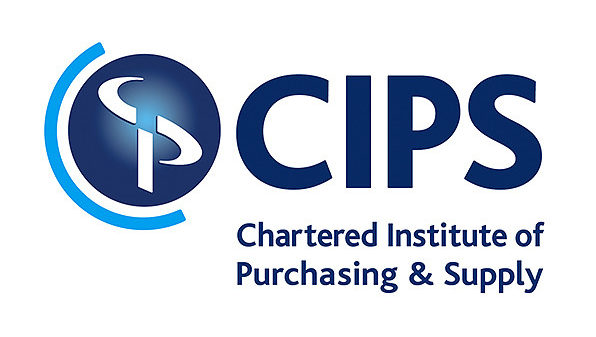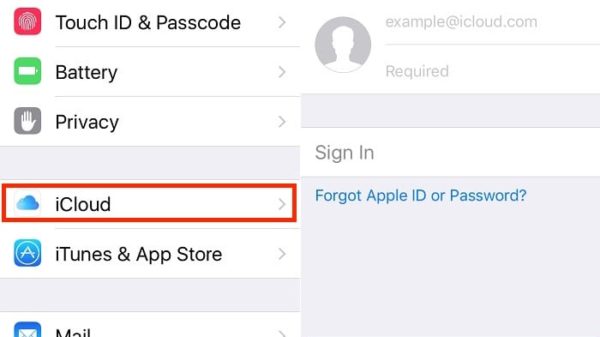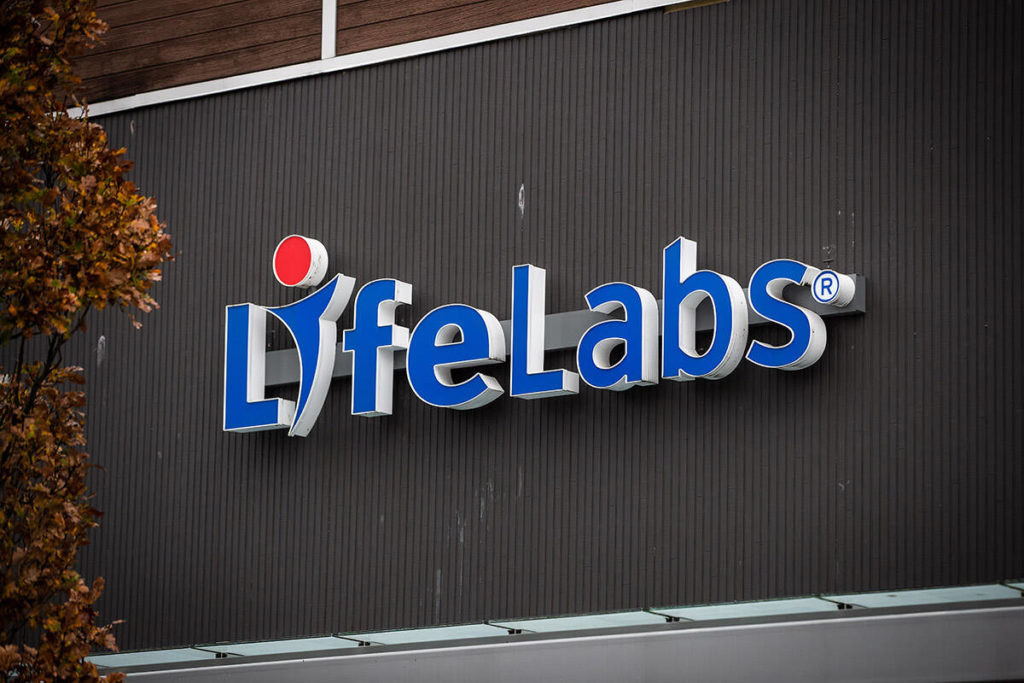LifeLabs is Canada’s largest clinical lab testing company
LifeLabs is proud to announce two new senior executive appointments. Brian Forster joins the company as Senior Vice President of Information Technology, and Dr. Ronald Carter will join on December 15. Forster has extensive experience developing business strategies and has led the EMR adoption program in Ontario. He brings a wealth of knowledge to the organization.
LifeLabs is a Canadian-owned company that provides laboratory testing services to health care providers. Its goal is to help health care providers diagnose, monitor, and prevent disease. It employs over 5,400 professional staff and delivers more than 100 million laboratory tests each year. It has more than 100 laboratories across Canada, and serves more than 19 million patients annually.
It performs more than 112 million tests each year
LifeLabs is one of the largest medical testing companies in the world. Its services include specimen collection, laboratory testing, and reporting of results to physicians and patients. LifeLabs has 382 collection centers across Canada. In 2017, the company performed more than 112 million tests on Canadians.
The company has been serving the health care needs of Canadians for 50 years. In addition to its laboratory testing, the company offers mobile lab services that are used by thousands of patients each year. The company offers these services to help doctors identify and treat various conditions. The company has partnered with numerous healthcare facilities, retirement homes, and other companies to provide quality testing for patients. Its mission is to help Canadians stay healthy and safe.
It offers genetic testing
LifeLabs is a Canadian-based laboratory that offers genetic testing. The company has an agreement with Natera, the world’s leader in noninvasive genetic testing, to perform prenatal tests at LifeLabs locations in Canada. This partnership is intended to increase access to genetic testing for pregnant women and give them more timely information about their fetus. LifeLabs and Natera have been working together since 2013, when LifeLabs became the first Canadian distributor of the Panorama test. Together, these two companies aim to establish next-generation genetic testing expertise in Canada.
LifeLabs offers a comprehensive range of genetic tests, with a focus on cancer and rare inherited diseases. In addition, the company offers tests for pharmacogenomics and prenatal testing. The company can determine whether a woman’s risk of breast cancer will recur following surgery, and it can help couples planning a family know whether or not serious health conditions can be passed down to their offspring. Additionally, the company offers a variety of fetal screening tests, which can detect specific chromosome abnormalities in the fetus.
Read Also; Acetyl Hexapeptide-3’s Origins and Development
It is a Canadian-owned company
LifeLabs is a Canadian-owned company that provides laboratory services to help healthcare providers diagnose and monitor diseases. The company employs more than 5,400 professionals and provides over 100 million laboratory tests annually. Its mission is to provide convenient, accurate laboratory services to healthcare providers. The company is committed to providing the highest quality patient care and support.
LifeLabs is headquartered in Toronto. It provides healthcare and laboratory testing services to more than 75,000 Canadians each day. Its headquarters are located at 100 International Boulevard.
It faces fines for breaching PIPEDA
LifeLabs faces fines for breaching the PIPEDA privacy act after the organization failed to protect sensitive customer data. The legislation requires organizations to report breaches of security and notify affected individuals. LifeLabs has acknowledged that it made mistakes and has corrected the problems in its systems. However, the organization has failed to take reasonable steps to protect sensitive health information and may be facing fines of up to $1 billion.
LifeLabs has paid to retrieve the stolen data, but it has not yet revealed the nature of the attack. LifeLabs’ statement leaves Canadian customers in the dark. The company has not disclosed what type of ransomware the attacker used or what steps it took to protect the information. However, it may have been similar to the Uber 2017 incident, in which the company had to pay a large sum of money to get the data back.
Hi there! This is Devin Haney. I am a Freelancer. I love to Blogging. I would love to connect with everyone here. On relaxing Sunday afternoon you will find me.




























